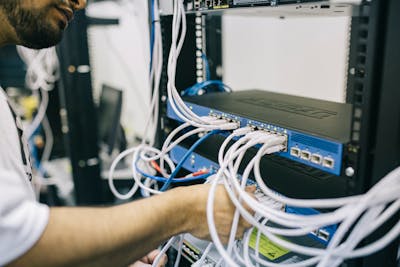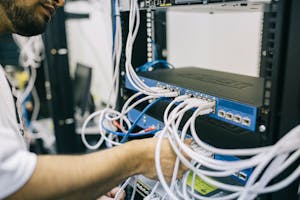
The Complete Guide to Choosing Refurbished Servers for Your Business
What is a Controller Card? A controller card, also known as an interface card or an expansion card, is a circuit board that is installed into a computer or other electronic device to provide additional functionality or connectivity. Controller cards typically have a specific purpose, such as adding ports for external devices like USB or Ethernet, pro...











